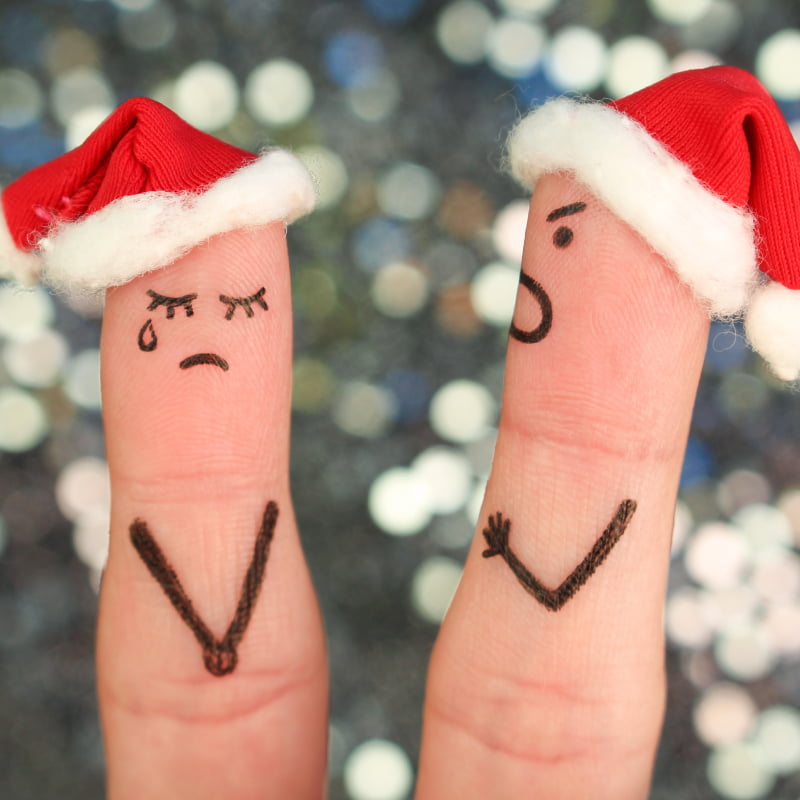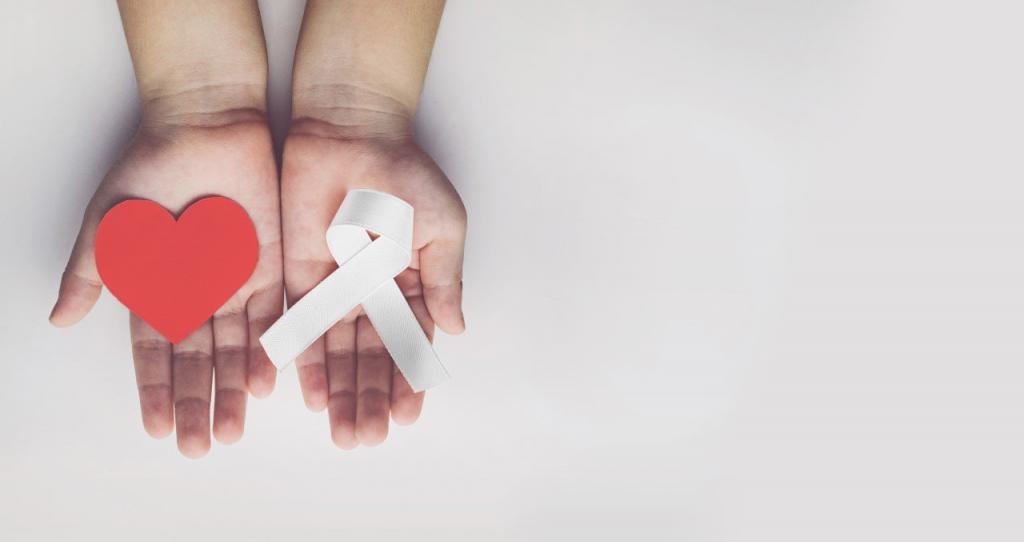
Christmas Time
Christmas time is here, happiness and cheer. From now on your troubles will be out of sight. Because it’s the most wonderful time of the year, right?
The thing about Christmas songs is that they don’t give us the whole truth about the festive season. Yes, for a lot of us it’s a time for celebration. For others, it might be the most dreaded event of the year.
Instances of abuse, including domestic and sexual violence spike every year during this time, yet it is something that is rarely discussed. Here at e-Surgery we want to raise awareness of the “darker” side of Christmas as well as its “lighter” aspects. It goes without saying that the intention is not to dampen your festive spirits as there is absolutely nothing wrong with enjoying the season! However, we urge you all to be kind this Christmas and to consider the difficulties this time of year can bring for abuse victims. It is the season of love and understanding, after all (the song references will stop from this point on, I promise!). If you or someone you know is struggling, you are not alone- useful helplines will be included below.
What do we know about the relationship between abuse and Christmas?
As an issue that affects many women, men and children in the UK each year, it is concerning how little research has been done in this area. We know cases of abuse rise during the Christmas period and continue to rise each year. According to the Belfast Telegraph, 2018 saw a sharp spike in reports of domestic violence on Christmas day, with an incident of abuse being reported every 17 minutes in Northern Ireland. [1]
Whilst this might seem a significant figure, it is thought that the true number of cases is much higher. In fact, whilst incidents of domestic violence may rise at Christmas, calls to national helplines generally decrease during the festive period.[2] This might be because abuse survivors choose to wait until Christmas is over to call, struggle to access support, or may be closely monitored by the perpetrator of the violence. [2]Ultimately, this means that statistics are difficult to estimate and are likely to be inaccurate.
In terms of understanding why cases of abuse rise during the festive season, it is often suggested that the intersecting factors of financial strain, tensions in the family and the influence of alcohol have a part to play. We also know that being estranged from your family can make coping with these problems more difficult for abuse survivors, particularly when there is so much emphasis on family time during the Christmas season. Charities like Stand Alone have previously found that 90% of people who were estranged from their families found Christmas to be the most difficult time of year.[3] For this reason, people might be more likely to surround themselves with abusive or toxic family members and partners on Christmas day, rather than spend time alone in a safe place. If you’d like more advice in this area, Stand Alone released a guide for dealing with being estranged from your family over the festive period.

What is being done to tackle the issue of abuse during the Christmas season?
In Many parts of the UK, efforts are being made to try and tackle several forms of abuse this Christmas.
The Police Service of Northern Ireland has seen the launch of a Christmas Domestic Abuse campaign in an attempt to encourage victims to speak up.[4] They released a short video about abuse that briefly explains the many forms abuse can take which also included showing people from all walks of life in a bid to convey that regardless of age, race, gender or sexual orientation, abuse can affect anyone. Similar campaigns include Wolverhampton’s, which involves emotive posters being placed in prominent locations around the city depicting various images of children under the tagline “all I want for Christmas is mum and dad to stop hurting each other.”[5]This aims to raise awareness of the ways that domestic abuse can impact children’s lives.
Some constabularies have taken a slightly different approach, one such being Hertfordshire’s bid to reduce the high number of sexual assaults and violence that occur over the Christmas period specifically relating to the party season. They warned of the dangers that surface around Christmas time, where predators may attempt to take advantage of the festivities. They insist on encouraging individuals to be vigilant and take simple steps like pre-planning the journey home and never leaving a drink unattended.[6] Not surprisingly, such attempts can be considered controversial as they place much of the responsibility on the individual, which could be seen to play into the deep-rooted culture of victim blaming. Other efforts made by them include the promotion of their ‘simple as tea’ video on consent.
In terms of charities that are making a difference to the rising abuse rates during the Christmas period, much of the support will depend on the area you live in. Organisations like Women’s Aid and Refuge can be a really great support network for domestic and sexual violence services that are running throughout the Christmas period. There are organisations like the Men’s Advice Line which is a confidential helpline for men suffering domestic abuse, as well as Survivors UK which helps male survivors of sexual violence.

What to do if you or someone you know is suffering?
We urge people to speak up this Christmas if you, or someone you know is suffering abuse. It is so important to put your safety first. You can contact the 24 Hour national Domestic Violence Helpline of 0808 2000 247. In cases of immediate danger, call 999.
Organisations for Women
National Domestic Violence helpline
A partnership between Refuge and Women’s Aid which provides a 24-hour helpline offering support and advice to women.
Telephone: 0808 200 0247 (24 hours)
Email: [email protected]
Website: www.nationaldomesticviolencehelpline.org.uk
Refuge
Refuge helps provide emergency accommodation to women throughout the UK. They also offer a culturally-specific service for ethnic minorities.
Telephone: 0808 200 0247 (24 hours)
Email: [email protected]
Website: www.refuge.org.uk
Women’s Aid
Their website offers online resources that are aimed at helping women and young people affected by domestic violence and abusive relationships.
Telephone: 0808 200 0247 (24 hours)
Email: [email protected]
Website: www.womensaid.org.uk
Organisations for Men
Men’s Advice Line
A helpline for men experiencing domestic violence that aims to provide emotional support and advice including referrals to specialist services.
Helpline: 0808 801 0327 (Weekday service with varying opening hours: Mon/Wed: 9am-8pm and Tue/Thu/Fri: 9am-5pm).
Email: [email protected]
Website: www.mensadviceline.org.uk
SurvivorsUK
A helpline for men who have been victims of sexual assault and rape. Operates 7 days a week: 12pm-8pm.
Online chat: https://www.survivorsuk.org/
Text message: 020 3322 1860
WhatsApp: 07491 816064
E-mail: [email protected]
Website: www.survivorsuk.org
Organisations for for lesbian, gay, bisexual and transgender people
Galop LGBT Domestic Abuse Helpline
A helpline offering support to the LGBTQ+ community experiencing domestic violence.
Helpline: 0300 999 5428 (Mon/Thu: 10am-8pm ; Wed/Tue: 10am-8pm)
Further Help
Montgomeryshire Family Crisis Centre Helpline
A confidential 24-hour helpline that operates every day of the year for men and women affected by domestic violence. They also offer safe accommodation.
Helpline: 01686 629 114 (24 hours)
Email: [email protected]
Website: www.familycrisis.co.uk
Rape Crisis (England and Wales)
Their Website offers important information about rape and sexual violence for survivors, as well as families, friends and professionals. Provides details for centres around England and Wales and runs a helpline.
National Helpline: 0808 802 9999 (Operates 7 days a week from 12pm-2:30pm and 7pm-9:30pm.)
Website: www.rapecrisis.org.uk
Action on Elder Abuse
Provides information and offers advice to older people who have suffered abuse and violence. Also a useful resource for relatives or friends who can call up on behalf of an older person that they know is struggling.
Helpline: 0808 808 8141 (Mon-Fri: 9am- 5pm)
Tel: 020 8835 9280
Email: [email protected]
Website: www.elderabuse.org.uk
Further Reading
1. National domestic abuse help line | National helpline
2. Domestic abuse: get help during the coronavirus (COVID-19) outbreak | GOV UK
3. Domestic violence and abuse | NHS







